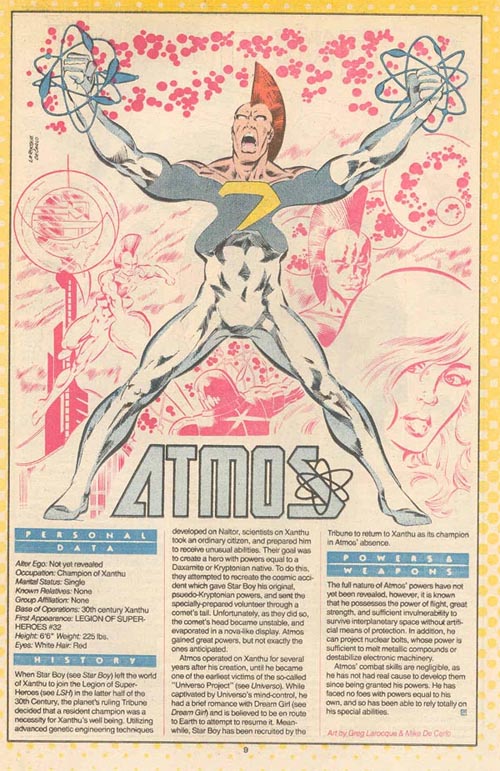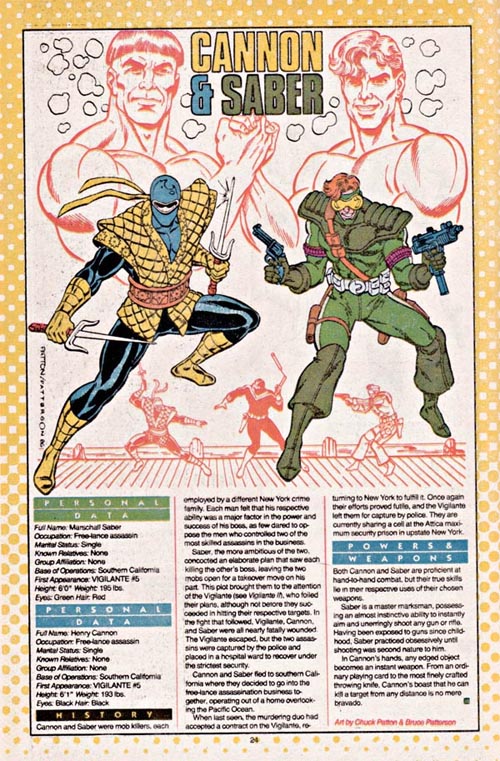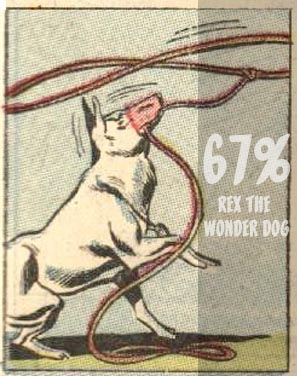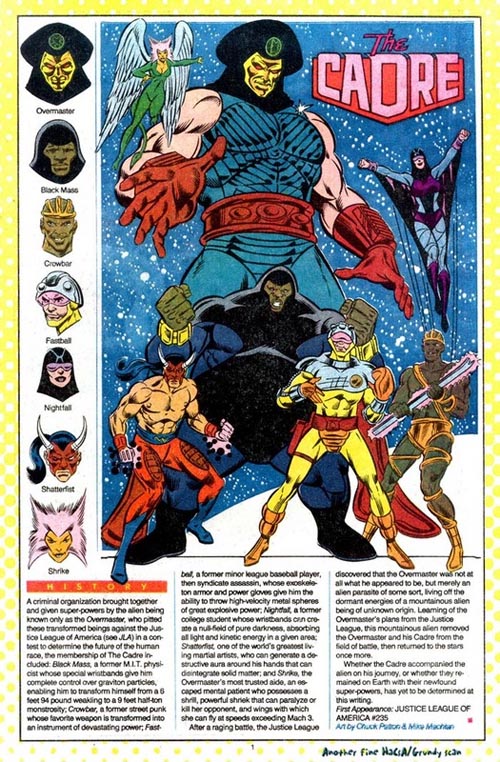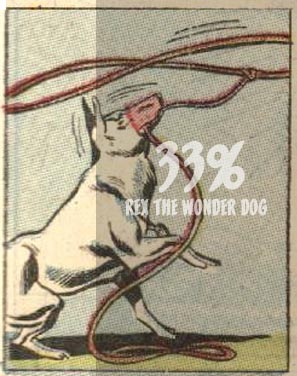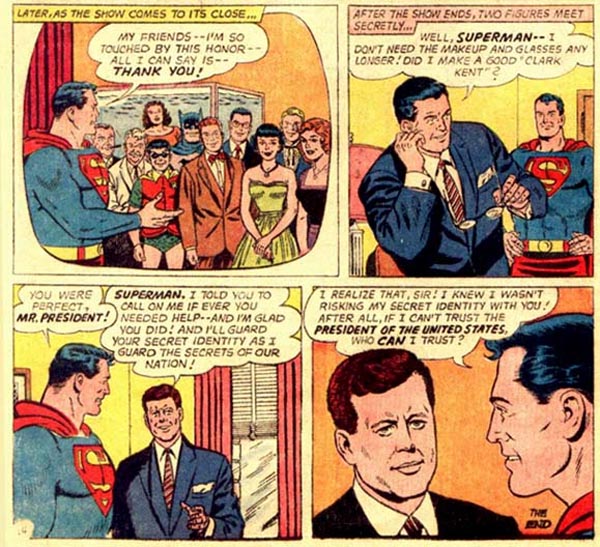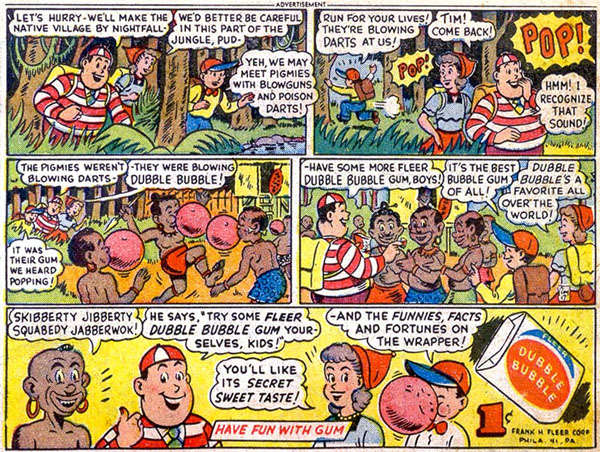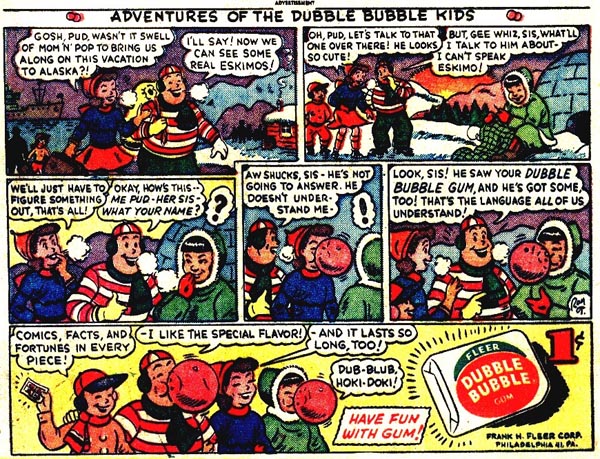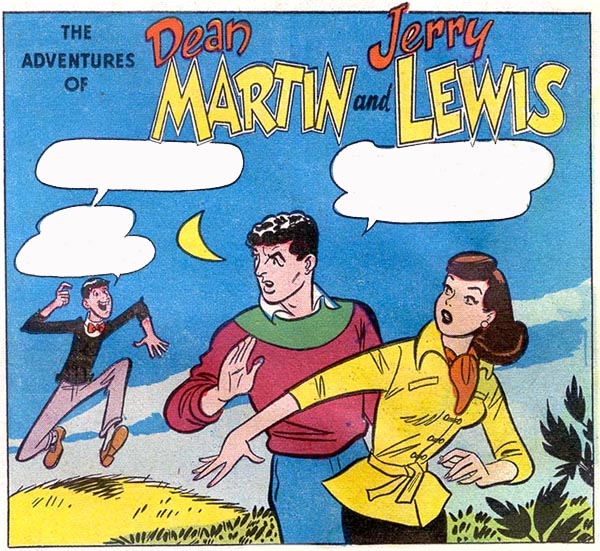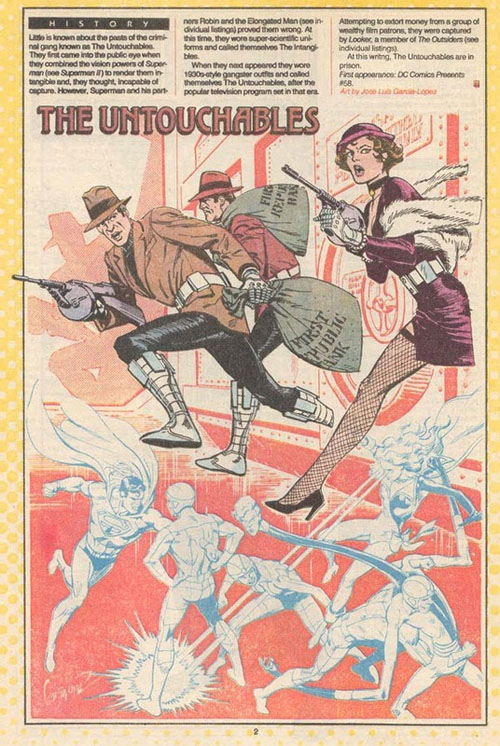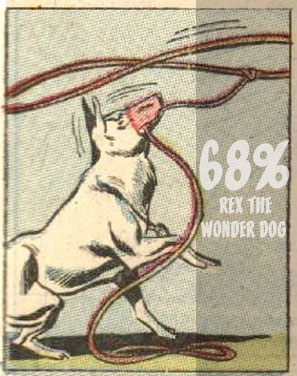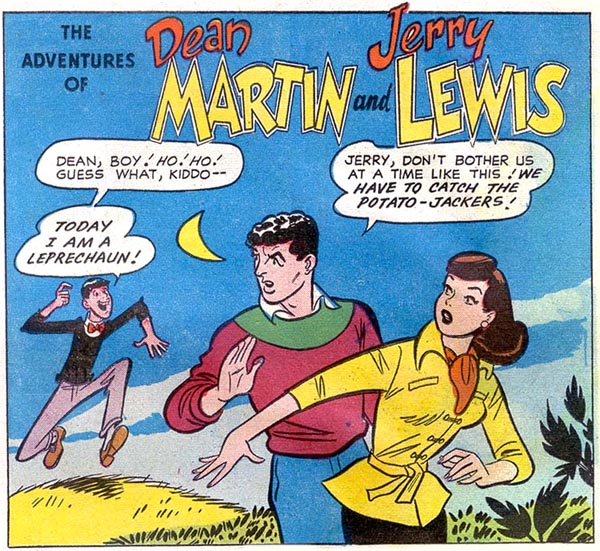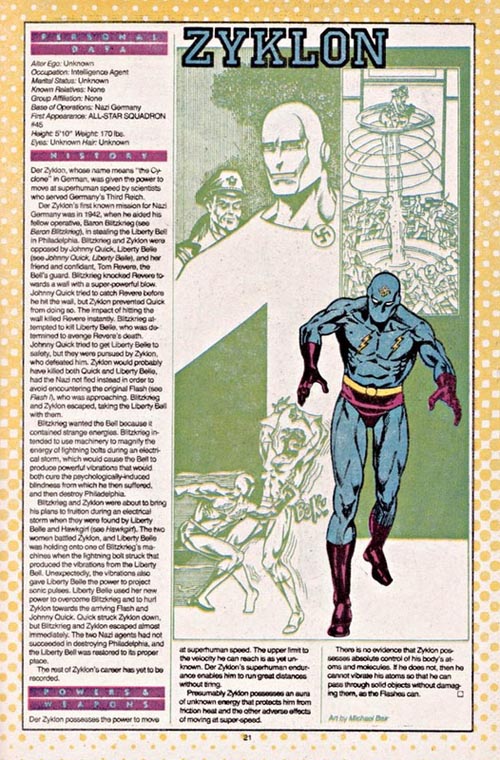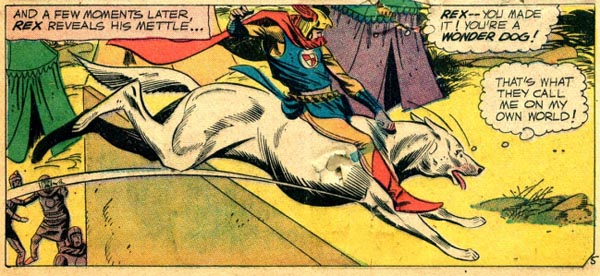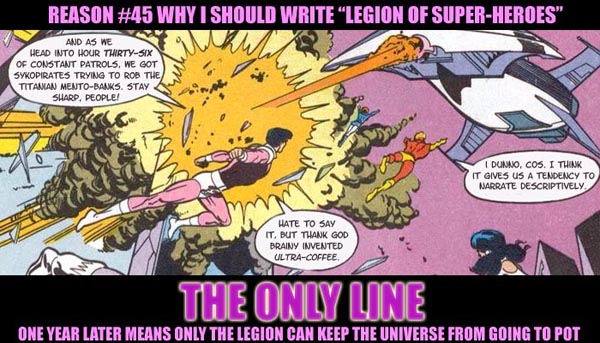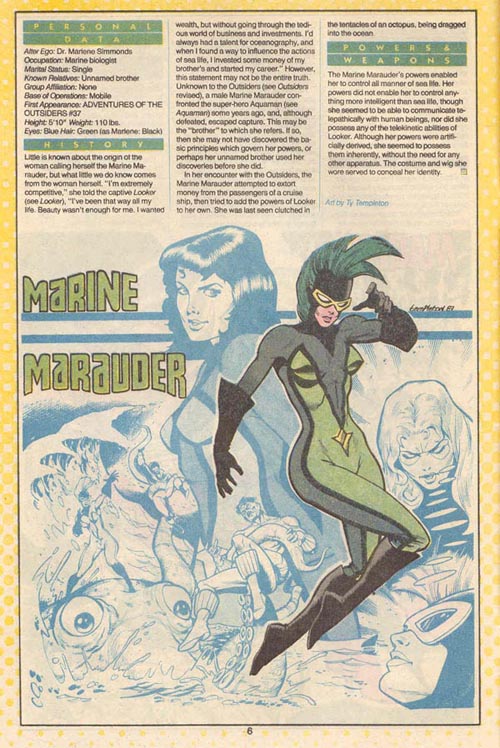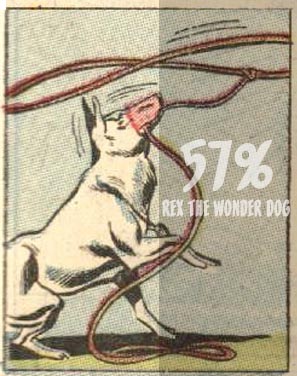So a lot of people have been emailing me excitedly about how Legion of Super-Heroes got cancelled by DC Comics, making the logical leap that if DC is cancelling the title, clearly I suddenly have a shot at it. Which is flattering and all, but let’s be realistic here: no matter how many readers I get per month, this is still just a rinky-dink blog and I am still a rinky-dink blogger, and if they weren’t willing to let Jim Shooter ride out his storyline I don’t think they’ll be willing to hand it over to me, a quantity unproven and unknown. Call it a hunch.
But I see no reason to let that stop me from offering completely unsolicited advice about a potential relaunch of the title! Because if there is one thing the internet is good for, it is allowing unproven and unknown quantities to offer their opinion, uneducated though it may well be. So, in vague order:
Give people a reason to care about it. The direct market these days is not entirely unpredictable, and one element of the comic-buying public that is quite obvious is that comics that are generally considered to be Important sell better. This is problematic for a title like Legion, which is divorced from current continuity by a thousand year temporal gap. In the past, DC has tried to rectify this somewhat by including clunky Legion crossovers into major storyline events. This was stupid and only produced generally shitty comics. (One word: Jamm.)
Thus, if you can’t give Legion that aura of Importance through storyline implications on its shared universe (although there are ways to do that over the long term), you need to find another way to do it.
Some will say “hire big-name creators,” but that’s a red herring, frankly. Big-name creators can make a comic (All-Star Superman), or they can have no impact at all (like how the Millar/Hitch Fantastic Four sells about as much as the McDuffie/Pelletier Fantastic Four did). I don’t think you could launch a title with much bigger names than Mark Waid and George Perez, and over the course of a year that book (Brave and the Bold) simply cratered, from 90,000 to 30,000 copies. (And that was, additionally, a very good comic.) Hell, DC launched Legion the last time with Waid and Barry Kitson, a pretty top-flight creative team, and only managed to kick off with 60,000 copies at the debut – and they shed half of their readers within a year.
Ultimately, all big-name creators can do is generate some initial excitement and give you a better shot at producing some really good comics. Which is not nothing by any stretch, but there are plenty of lesser names who can make the book and give you good comics, and if the initial excitement doesn’t last – and it traditionally doesn’t on Legion no matter who you put in charge – you might as well save money on production costs.
So how do you make people care about it? More on that in a bit.
Remember that this is a brand. You can tinker with it around the edges, but the thematic core of the Legion should remain stable, just as Superman shouldn’t go around killing people in an angstful fashion or anything like that. The Legion is/are
– idealistic
– superheroic
– either directly or indirectly (depending on version) the spiritual future-heirs of the Superman legacy (not “the DC hero legacy.” Superman specifically)
– typically defenders of a utopian status quo (this is one of the reasons the Waid reboot never really worked)
– numerous
– a team with a familial feel to them
– in the future (duh)
– and start off young, but unlike most comic characters have the option to grow/age/change over time to a certain degree.
There. That’s the brand. Whoever’s making the comic has to keep those bullet points in mind, because the brand has been wholly tarnished by questionable editorial decisions and mediocre comics, to the point where the casual fan’s mental image of the Legion is “they’re the comic where the continuity went to shit ten years ago and never came back” and that’s all they know or want to know. That’s what you have to overcome.
Think about what the title has to offer. I’ve already discussed some of the drawbacks of writing Legion from a current comics market perspective. Here are some of the pluses: it offers a larger storytelling window than any other comic the Big Two prints. It offers a relatively high degree of creative freedom as Big Two super-comics go (you don’t have to worry about anything else happening in the line, because from your perspective it all happened a thousand years ago). It offers scope and scale (whole freaking galaxies) like no other comic on the market, combined with the tight familial nature of the Legion offering character-based plots whenever you want them.
At its peak, a good rendition of Legion should have the scope and crazed power of the Morrison-era JLA (on steroids) combined with the soap opera plotting of the early Claremont/Byrne Uncanny X-Men, with a giant dose of space opera, a good dash of humour and a little mad science thrown in for kicks. That’s what the comic should be.
For crissake don’t listen to the whining fanboys. Well, other than me, obviously. But seriously: every fanboy who claims he’s just waiting for a return of the Paul Levitz Legion? Ignore him. Never stop ignoring him. These are fans nostalgically griping about a past you’ll never be able to give them; it’ll be one month of “YAY THE REAL LEGION IS BACK” and then the next month they’ll complain that these aren’t as good as (insert favorite era here) of Legion and why can’t Paul Levitz stop being executive vice-president of the company and instead do what’s really important, anyway, and write Legion again? You will never, ever, ever please these people, so don’t even start trying.
Never mind that we know exactly where the market for the Levitz Legion caps out now, thanks to the “Superman and the Legion of Super-Heroes” storyline in Action Comics, which sold about 54-58,000 copies over the course of that storyline. And remember – those are sales boosted by variant cover editions, so if you do a little math it turns out that said run of Action Comics barely saw sales increase at all as a result of people wanting to pick up comics with Geoff Johns’ I Can’t Believe It’s Not The Paul Levitz Legion in them. Final Crisis: Legion of Three Worlds #1 did better, with 68,000 copies for its first issue, but again you have the double boost of variant covers and the Final Crisis sort-of-a-tie-in to boost sales there. (The Final Crisis miniseries that featured the new Spectre and Renee Montoya as the Question sold about 57,000 copies for its first issue, and neither of those two characters typically sell anywhere near that many books, so my guess is that the Final Crisis name is moving more sales on these books than anything else.)
The point to be made here is this: the benefits from going backward to the Levitz Legion again are almost entirely illusory. Do not go back into the desert, no matter how much the fanboys tell you they love pounding sand.
Expand, expand, expand. This point is something that really applies to comics in general, but I don’t mind shrinking it down. Legion is a comic which at this point has a fundamentally small audience, and one which is shrinking steadily over time; you aren’t converting enough people to follow the brand, not nearly enough to compensate for those drifting away and losing interest. Legion is a comic which vitally needs to expand its market presence.
The way to do this is simple: give it away for free. At least a taste. Give people a chance to get hooked first, then reel them in. There are two ways I can think of to do this, and were it up to me I would do both of them.
Firstly – and I’ve said this before – I would put the entire run of the current Legion online. All of it, in page-per-click webcomic format (with advertising, of course – no reason not to make a little spare change where possible), in black-and-white (if people want to read in colour? Well, that’s what trade paperbacks are for). Use the website as a loss-leader to attract attention. (The average popular webcomic collection these days probably sells better than Legion does anyway.) When you put out new issues, put them online a month or two after the new issue comes out, again in black and white – if people want to read the story right away, and in colour, they need to buy it.
Secondly, I would launch the new series on Free Comic Book Day. And I would give it away for free. Hell, I would make it a 64-page special edition, with 32 pages of original story and 32 pages of background information for new readers. I want that new series of Legion kicking off when comic shops are doing their utmost to drag in new readers. Is this a bit of a gamble? Sure, maybe – but come on, DC’s offerings for Free Comic Book Day last year were a reprint edition of All-Star Superman (which was a good idea) and a terrible “Teen Titans Special” comic which was A) meaningless and B) lousy. And at this point I think the failures of the Brave New World dollar sampler and the unimpressiveness of the Final Crisis dollar sampler have shown that loss leaders only work when the comic sampler itself isn’t incomprehensible on its face.
And the reason I’d do this harkens back to my first point: you have to make people care about Legion again, and at this point I think the way you do it is treating the comic like it’s a big deal, because if you do so it’s a self-fulfilling prophecy. If you go balls-out with a new marketing scheme and product rollout that just isn’t like how the comic industry does things, people will be interested – and if the comic is good, people will stick around.
